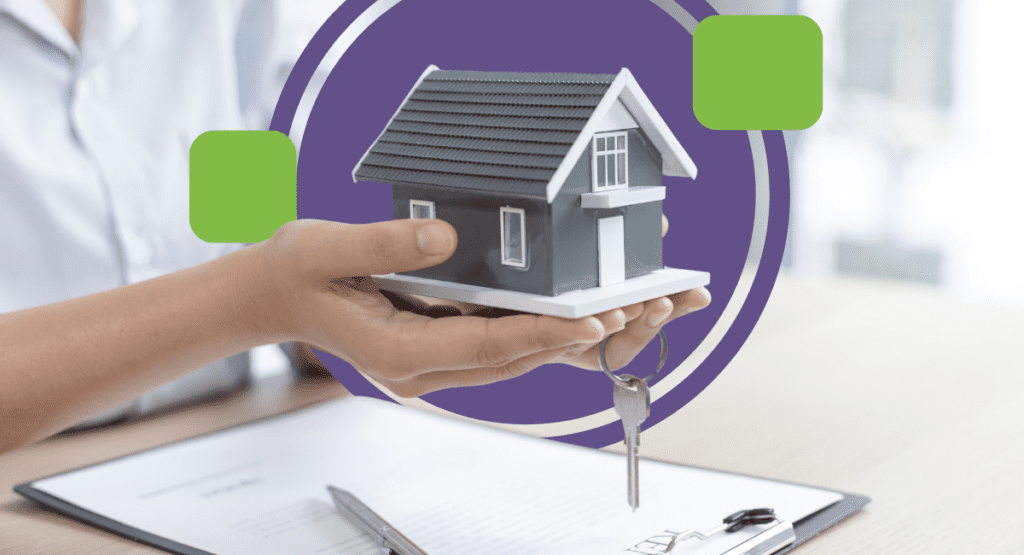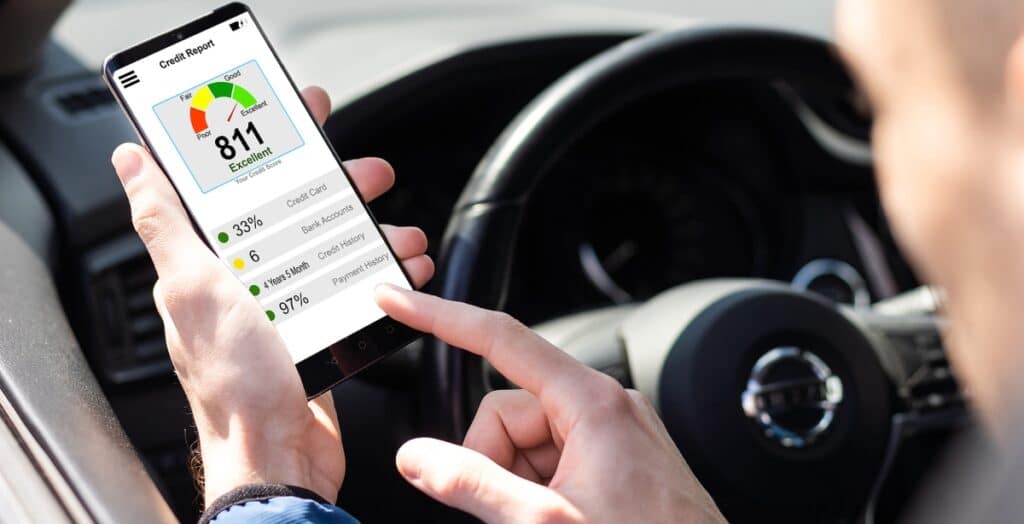Medical doctors and dentists carry one of the lowest mortgage default rates, likely due to high incomes and overall job security. Banks compete for their long-term business by offering a physician mortgage loan that provides low down payment options and more flexible underwriting criteria. But considering your limited residency income and high student loan balance, can you qualify for resident physician mortgage loans at this stage of your career?
The answer is yes. In fact, these physician mortgage programs are designed specifically with you in mind. Residency might be a great time to buy a home using one of the many resident physician mortgage loans available to you.
What’s a physician mortgage loan?
A physician mortgage, also known as a doctor home loan, is available to a variety of healthcare professionals who are in the early years of their career. These programs provide young doctors (MD, DO) and dentists (DDS, DMD) with the opportunity to buy a home while also benefiting from exclusive perks, such as:
- Requiring little to no money down. Most resident physician mortgage loans offer down payment options ranging from 0% to 10% down, depending on your desired loan amount.
- No private mortgage insurance (PMI). Unlike traditional mortgages, a doctor loan comes with no PMI requirement which can save you thousands each year.
- Higher loan amounts available. If you need a jumbo loan that exceeds the conventional loan limit (e.g., $647,200 for 2022 in most areas of the country), a physician loan can give you access to loan amounts from $750,000 to $2 million or more without resulting in an interest rate spike.
- Special treatment of dental and medical school debt. Doctor mortgage loans treat student debt more favorably when calculating your debt-to-income ratio (DTI). For example, this might include using your income-driven repayment (IDR) monthly payment or excluding your student loan payments altogether.
- Ability to buy a home before you begin working. Depending on the lender, you might be able to close on your new home up to 90 days before starting your residency or new physician position. Note an acceptable employment contract is needed.
Overall, resident physician mortgage loans can make qualifying for a home loan easier and more affordable. They can also give you the opportunity to get settled into a home before starting your residency program, giving you one less thing to worry about during a big career transition.
What mortgage product do you need?
Your Occupation
Home Price Range
Preferred Down Payment
Stage You're At in the Home Buying Process
When Do You Want a Mortgage Approval?
How Many Banks Would You Like Quotes From?
Any Bankruptcies or Short Sales?
Full Name
Phone Number
State Where You Plan to Purchase
Metro Area Where You Plan to Purchase
Citizenship Status
Communication Preference
Would You Like to Add Any Additional Details?
How dental and medical residents can benefit from a doctor home loan
As a resident, you’ve yet to realize your full earning potential. You likely have limited savings and a less-than-ideal DTI ratio thanks to six-figure high debt from medical or dental school. All of which can quickly become barriers to securing a conventional home loan.
That’s what makes using resident physician mortgage loan programs so beneficial to young physicians who are just starting out.
With a conventional mortgage, you’ll be required to put down at least 20% of the home’s purchase price to avoid PMI payments.
Let’s say you’re considering a $500,000 home. When using a conventional loan, you’ll need to have $100,000 socked away for a 20% down payment. Otherwise, you should be prepared to make PMI payments, which can easily add hundreds of dollars to your monthly mortgage payment.
To be clear, this type of insurance does nothing for you. It only protects the lender if you aren’t able to pay your mortgage. So, there’s no benefit to you as the home buyer other than allowing you to qualify for a conventional loan with a smaller down payment.
For most residents, a 20% down payment (or accepting the tradeoff of higher mortgage payments due to PMI) isn’t realistic and can delay any dreams of homeownership for many years.
However, with resident physician mortgage loans, you’re able to leverage your education and profession in exchange for 0% down and no PMI.
Therefore, this special home financing program can be incredibly helpful for residents who don’t come from wealth but are ready to buy a home.
Resident physician mortgage loans: Potential downsides
Resident physician mortgage loans offer many benefits to residents and young physicians. But there are some potential drawbacks and additional considerations.
For example, most physician mortgage lenders require a minimum credit score of 700 or higher. If you haven’t had time to build your credit, you might not be eligible. That being said, some lenders will work with borrowers with scores in the high 600s, so it’s worth reaching out to a variety of lenders to learn about eligibility requirements.
Additionally, you might encounter some of the following scenarios:
- Risk of buying more house than you can afford. Because resident physician mortgage loans have relaxed underwriting guidelines, you’ll likely qualify for a larger loan than you might with traditional lending.
- Could receive a higher interest rate. Because you won’t be providing a large down payment, you might be offered a higher interest rate than a conventional loan. But this isn’t always the case as there’s many factors that go into physician home loan interest rates. Generally speaking, you can expect resident physician mortgage loans to be about 0.5% cheaper or more expensive, depending on the timing and lending environment.
- More debt might mean more stress. If your student loan balance and other financial obligations are already having a negative impact on your mental health, it might not be the right time to sign up for even more debt. Even if your monthly mortgage payment is manageable, having a home loan balance of $500,000 or more isn’t ideal for everyone — especially borrowers who are hyper-focused on becoming debt-free.
Additionally, some physician mortgage programs have limitations on eligible property types. For example, some allow multi-unit properties which might allow you to househack by bringing in rental income. However, many programs are restricted to one-unit, single-family primary residences in specific states.
Alternatives to resident physician mortgage loans
Buying a home is one of the biggest financial decisions you’ll make, so it’s important to consider all mortgage options before moving forward with a resident physician mortgage loan.
For example, if you have family willing to contribute gift funds to your down payment (or if you’re independently wealthy from a previous career or spouse), then a conventional loan with a traditional down payment might serve you well to reduce your interest rate and mortgage payment.
Alternatively, if you or your spouse served in the United States Armed Forces, you might find that a VA Loan offers more benefits if you have a service-related disability.
Other government-backed low down payment solutions include the FHA loan and USDA loan. But these programs have strict property requirements and their own drawbacks. For example, the FHA loan requires PMI payments for the life of the loan in exchange for a low down payment.
For most residents, a physician mortgage loan program will offer the most overall benefit. But a trusted lender can compare your mortgage options and find the best solution for your financial and personal situation.
Related: Renting vs. Buying a House for Physicians: How to Decide?
Should you get a resident physician home loan?
If you’re ready to buy a home, you don’t have to wait until you’re out of residency to qualify.
There are many physician mortgage programs to explore that allow for little to no down payment, no PMI and relaxed underwriting guidelines. These lenders work with residents across the country, providing tailored home loans that acknowledge the unique challenges of your medical or dental career path.
Interested in comparing physician loan options? Fill out the form below to receive information about resident physician mortgage loans for your next home purchase or refinance.


